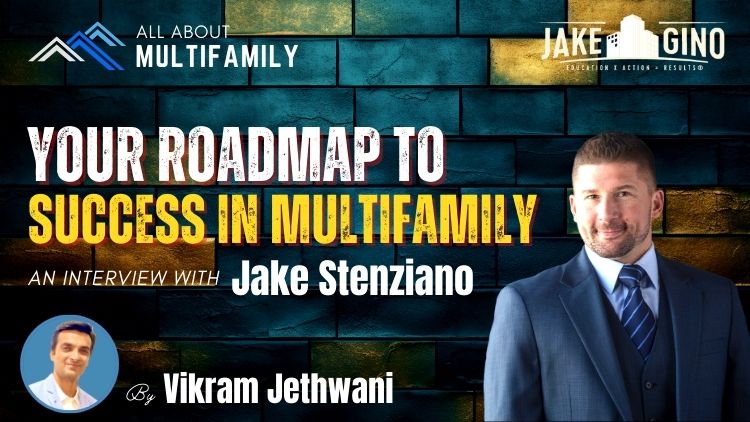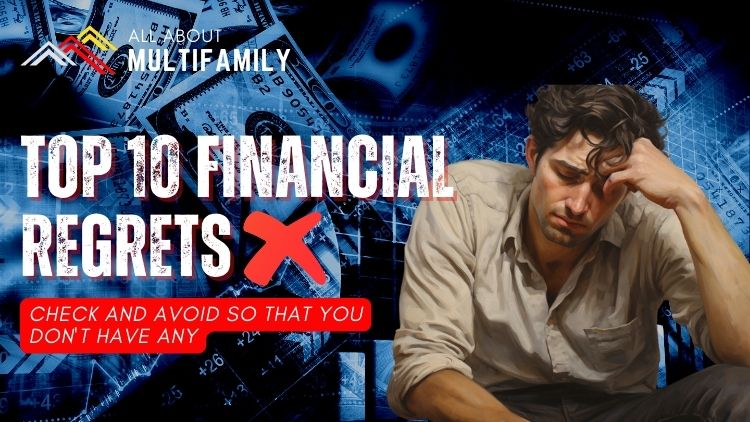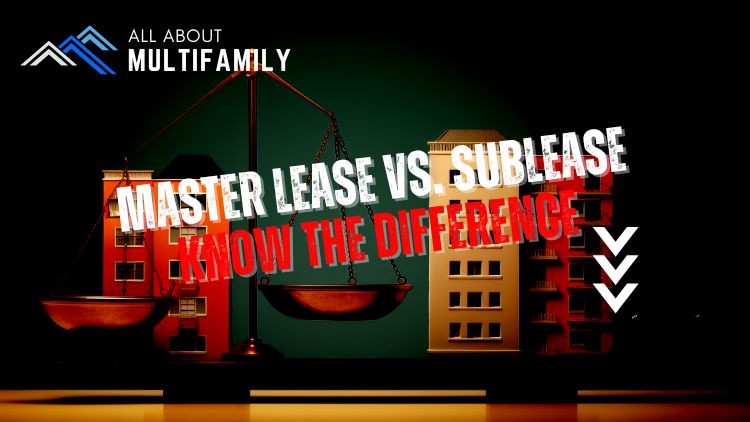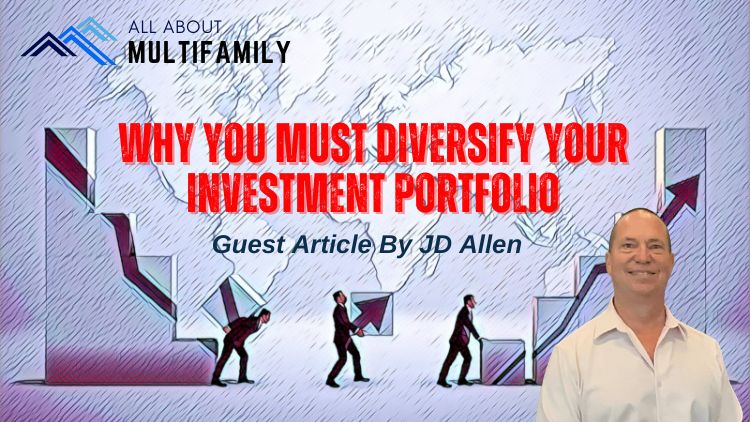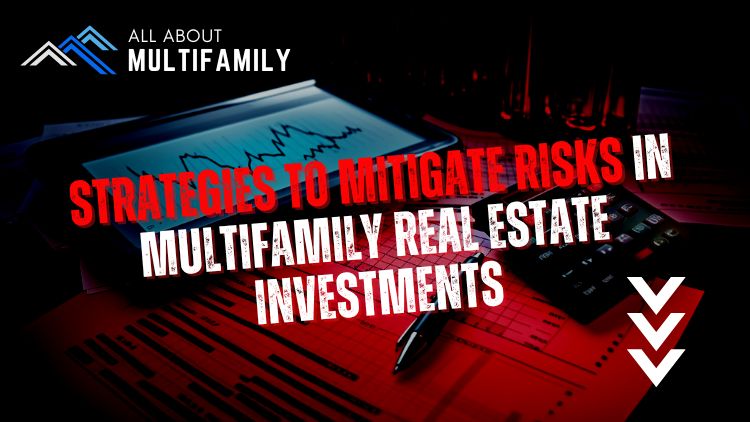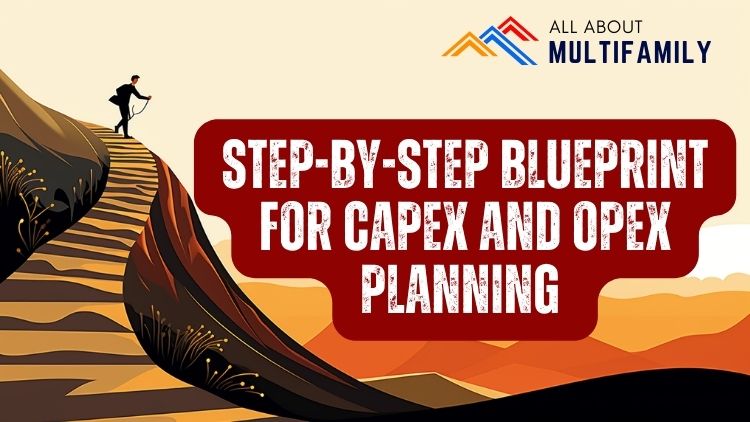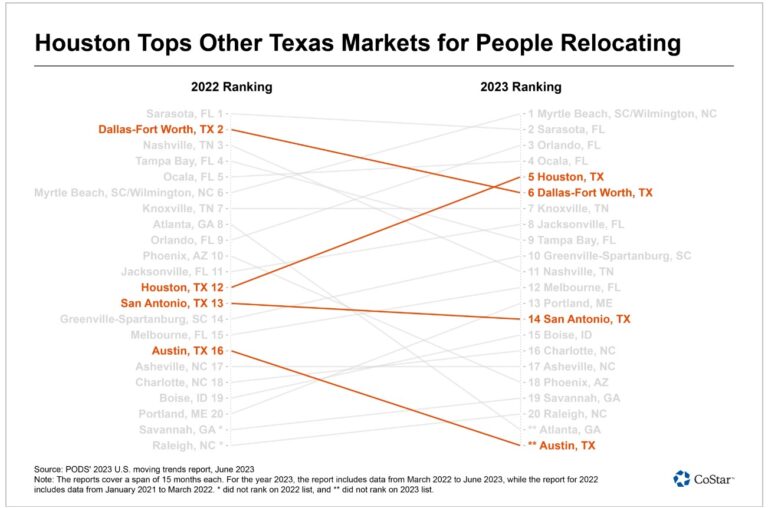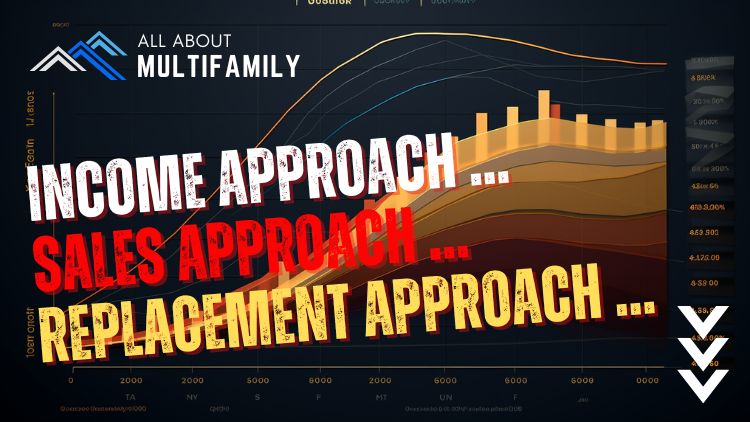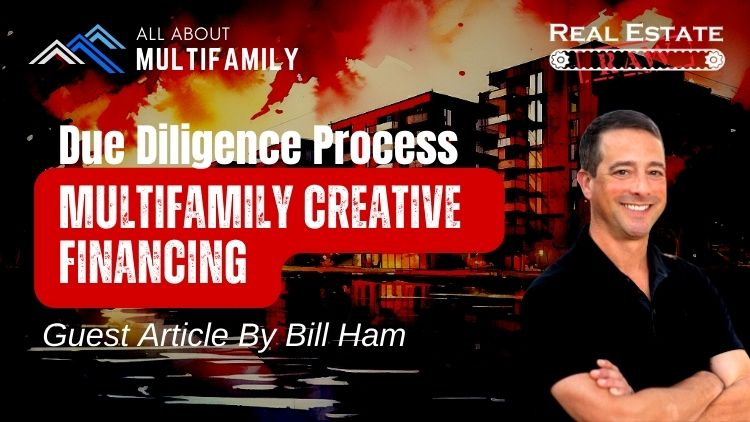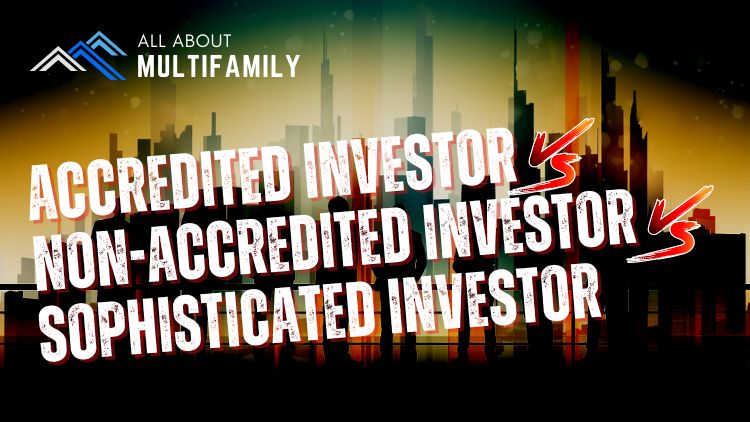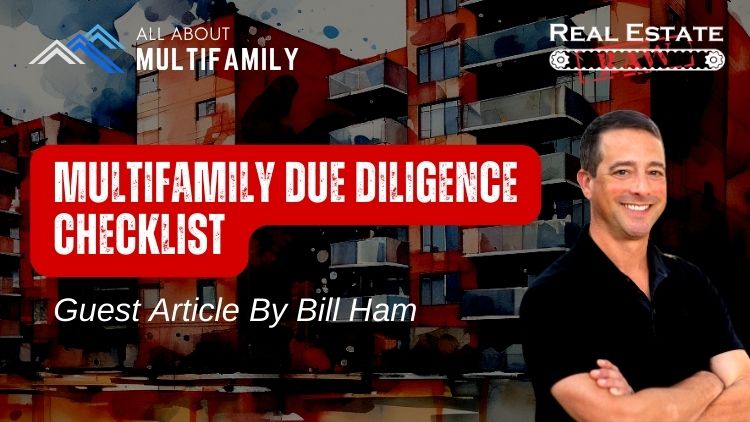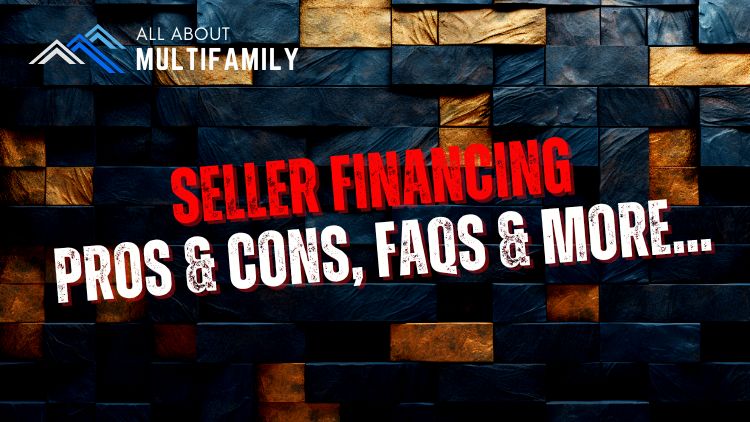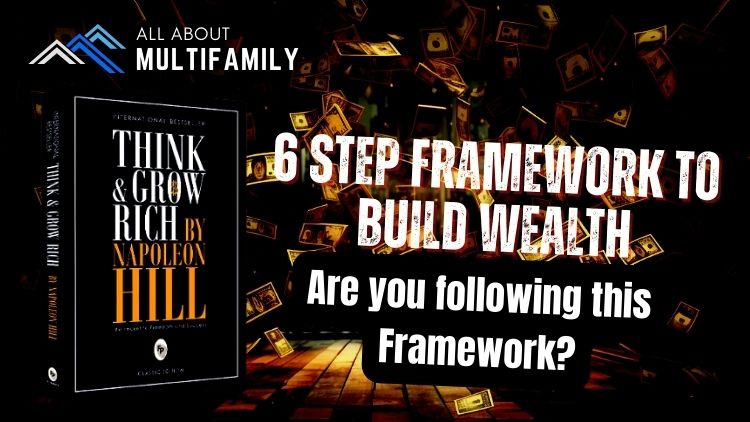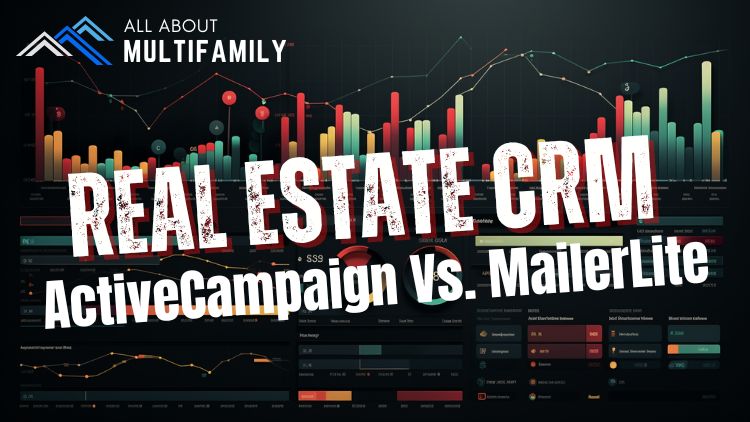Most people want to think like entrepreneurs but act like investors. This usually leads to failure in the real estate business. An investor is someone who has a lot of cash, and they are looking to put that cash to work for them in an investment. If you have a lot of cash right now and you are just looking for somewhere to put it, then you can consider yourself an investor, for now.
If I did not just describe you and you are not flush with cash and are trying to create wealth in real estate without having any wealth to begin with, you’re an entrepreneur. If you have lots of cash, then you are an investor, until you run out of cash, and then you are an entrepreneur with assets and no cash. No matter where you are starting from, chances are you’re headed toward entrepreneurship. The problem arises when you think like an entrepreneur but act like an investor.
Here are a few points to consider:
- Work and pay. An entrepreneur is willing to work for future pay. An investor wants immediate returns for their investment.
- An entrepreneur is willing to take a risk for a chance at profit. An investor is willing to risk only the cash invested.
- Entrepreneurs delay gratification for future benefit. Investors want ROI now.
- Entrepreneurs are looking for investors. Investors are looking to invest in a skilled entrepreneur.
- Systems. Entrepreneurs create and operate systems to provide consistent profits to investors. Investors look to invest in good systems with a proven track record.
When starting out in real estate, it is crucial to maintain the right mindset. You are and will be an entrepreneur, not an investor. Once you are rich, you can think and act like an investor, but for now, that point of view will do you no good. Be ready to think and act like a business. Profits will come only after you build a successful business and only after you make money for those who have invested in you. Profit for the entrepreneur is a long game. Investors make money now.
You will need to set up systems for your new business. An example is a system for getting consistent deal flow. As a real estate entrepreneur, you must create consistent investment products for your investors. This will be in the form of good real estate deals. No deal flow means no product for your business. You will also want to create systems for networking and keeping track of investor leads. These are just a few simple points. Once you start thinking like an entrepreneur and not like an investor, you are much more likely to succeed in the real estate business.
Why Sell?
I want to buy and hold real estate forever. If a property is cash flowing, why would I ever sell it?
This is a question/point of view that I have been faced with from many students. I agree that holding a real estate asset forever and having the tenants pay the mortgage off is the best long-term investment strategy in real estate. Most people want to build a real estate portfolio to create legacy wealth or assets that can be left to future generations. I also think this is a great idea unless you are involving investors.
Most investors want to know only a few things about your investment opportunity. How much money do you need? What are you going to do with their money? How much profit will they make? When will they get their money back?
It is the last question that will be your problem with holding real estate forever. Tell your next potential investor that they will get their money back when your grandchildren decide to sell the property and see how many of them invest with you. Holding forever works well if you are not using other people’s money to create your own legacy. When syndicating real estate, your first responsibility is to the investor, not to your own legacy. If you plan to get wealthy using other people’s money and think only of your own profit, you won’t be in business long.
I Don’t Want to Be Transaction Based
I hear this often, and what people mean when they say this is that they don’t want a job. They don’t want their profits to come from transactions but from passive income. This is a great idea, but it presents a chicken-and-egg scenario. How can you create passive income if you don’t transact on a regular basis? Remember that cash flow comes from equity. Equity comes from buying low and selling high—or more correctly, equity comes from transactions.
You will likely be transaction based for the first few years of your business. Passive revenue will come with the production of your portfolio. The good news is that this process won’t be like having a job. It will be ten times more work than a job would ever be. It’s called building a business. If you want two weeks of vacation a year and to get home at 5:00 p.m. every day, keep your job and don’t build a business.
Passive Income Is Passive
Passive revenue is probably the most labor-intensive type of revenue a person can create. It is passive income once it is passive, but getting a stream of revenue to be truly passive takes a ton of work. Most people talk about passive income as if it’s something they are going to pick up at the grocery store next to the milk and eggs.
Creating passive income results from doing many things right over a long period. This type of revenue does not come from getting lucky in a good market and thinking you’re smart. You must not only create this passive income stream but also have your entire business survive all market cycles to claim success in this business.
I Don’t Want a Boss
Aspiring real estate investors often declare, “I want to be my own boss!” While understandable, this statement might not accurately reflect the realities of entrepreneurship. Let me explain.
When I hear someone express this desire, I ask two things: “Do you have a boss now?” and “Do you know who it is?” Invariably, the answer is yes to both.
My response? “Keep your job.”
Contrary to popular belief, owning a business doesn’t automatically translate to being your own boss. In truth, everyone else becomes your boss. Landlords, banks, investors, even city inspectors – they all hold sway over your daily operations.
The key distinction lies between being your own boss and being the master of your own destiny. You may shape your future, but “today” often belongs to someone else. By being prepared to bring value and service to others, you will create a successful company—and maybe they will even let YOU be the boss of it one day!
Property Management Is Free Money
Property management fees can range from 3 to 10 percent depending on the size of the asset being managed. Larger assets will have a lower fee, and smaller properties will have a higher fee. Houses are usually around 10 percent of rents collected, and large (one-hundred-plus-unit) apartment complexes will have management fees of around 3 to 4 percent.
Next is payroll. When managing smaller assets like duplexes and quadruplexes, you will not need to have on-site management staff. Those properties are too small. My rule of thumb (for multifamily) is that you should have two management employees on-site per one hundred units.
When analyzing larger apartment complexes, you will notice that there will be an expense for the management fee and for the payroll to the on-site management. The management fee does not cover the payroll for the on-site staff, even though they work for the management company and not for the property itself. The payroll is a pass-through expense to the property, and the management company will still pay itself the 3 to 4 percent fee on collected rents.
By now you might be having the same thought process I had when I realized how this payroll/management fee works. I remember the day like it was yesterday.
I was analyzing a large 120-unit apartment complex. I noticed the payroll and the management fee and thought, why don’t I just become the management company myself and keep the 4 percent fee? I’m paying the property management staff anyway. Why not keep the management fees for myself? Property management looks like a source of free income, right? Wrong!
It is great to operate and truly control your assets but be warned that property management is not an easy business to be in, and it is in no way a source of free income. You will earn every dollar of that revenue. At some point in building your real estate portfolio, you will stop to consider managing your own properties. This is a great idea but not one to be taken lightly.
Property management is a steady source of revenue that can really help you supplement your income, but it comes with a lot of opportunity cost. You will be building not only a real estate investment company but also a completely separate management company with its own set of needs and distractions. This will likely slow your progress of buying more properties. No one can do it all.
I suggest that you manage, don’t manage, and then manage again.
It’s a goo idea to manage a few units at the beginning of your portfolio so that you get a working understanding of property management. Once you get that experience, turn operations over to a 3rd party management company. This will come at a greater monetary expense but will come at less “opportunity cost”.
This means you will be outsourcing the management at a fee, but you will be freeing up your time to grow the portfolio. Once you have built a portfolio of a few hundred units in one area, you will want to become fully integrated and bring management in-house. At this point you will have Economy of Scale.
Partnership versus Mastermind Group
Earlier in my career, I was invited to speak to a small group of investors. Being experienced in real estate but not in public speaking, I jumped at the chance. I met this team in the back of a local bakery.
After a brief round of introductions, I asked what their relationships were to one another. They quickly informed me that they were a formal partnership with an LLC and had an operating agreement to go with it. This group seemed new to real estate and to business in general. I asked what each person’s tasks were in their new LLC and what value—not money but value—each person brought to the group. The group’s de facto leader spoke up when no one else did. The answer went something like this.
“Well, I put the group together, so I guess I’m the CEO.” Pointing around the table from left to right, he said, “This is Bob. Bob’s going to find the deals for us. This is Susan. She’s going to analyze the deals for the group. This is Scott. He’s going to call the realtors for us. This is Monica. She’s going to manage the managers for us. This is Ray. He’s going to raise the money for the group. This is Frank. We don’t know what Frank does, but we like Frank. He’s in!”
The two most common ways I have seen partnerships break down are not enough profit and too much profit. If the deal is successful and there is a lot of cash to pass around at the end, make sure that you have partnered with people who have irrefutable value in the partnership. My rule of thumb for partnerships is never partner with someone for a skill or value that can be outsourced to an employee. What I mean is that it’s not worth giving up equity for something that I should be able to do myself or something that I could outsource to an employee or to a virtual assistant. It’s also not a good idea to get into a deal where you don’t bring any real value.
Accountability and comradery are a huge part of becoming successful in the real estate business. I have been fortunate to have found a few good real estate groups in my time. When I do, I stay around as long as I can. I suggest that you do the same, but I don’t confuse the need for comradery and accountability with a partnership. A good partner should not have to hold you accountable, and you shouldn’t have to hold them accountable either.
Mastermind groups or groups that meet to discuss a focused topic are a great way to create a community and to build relationships without the immediate need to partner with an investor. You may find a lot of people you like and will keep in touch with, but most will not bring any more value to a deal than you will. This is not a good partnership. You need to find a way to bring true value to a partner who contributes something you lack. If you can outsource what they do, then do it. Don’t partner for it.
Being an entrepreneur is not freedom; it’s a lifestyle. Building a real estate business is like building most things. It’s hard in the beginning and gets easier over time. The first three to five years of your real estate career will be the hardest and will bring the least amount of freedom.
This is why I say that being an entrepreneur is a lifestyle more than anything. Success comes from doing many things correctly over a long period. Business takes practice. To seek freedom too early while trying to build something will lead you to rash behavior and short-term frustrations. Freedom comes with long-term success. Only luck will bring success in the short term, and it may not last. Skills last. Skills bring ultimate freedom, and skills come only with lots of practice.
For more information like this check out www.RealEstateRaw.com and join my Facebook group Real Estate Raw for Investors.
Best of luck!
Bill Ham


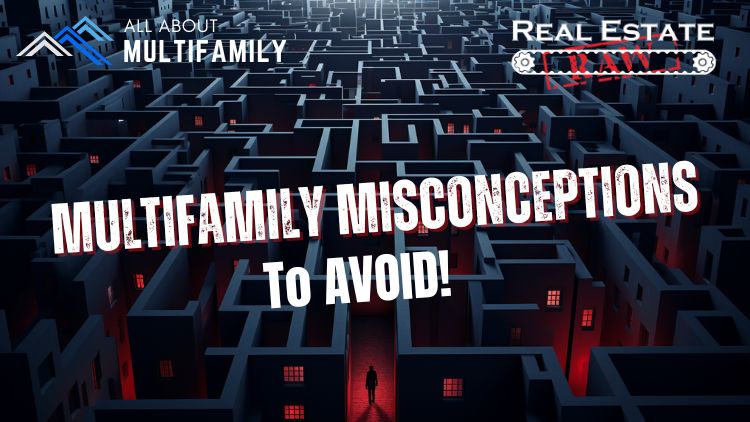





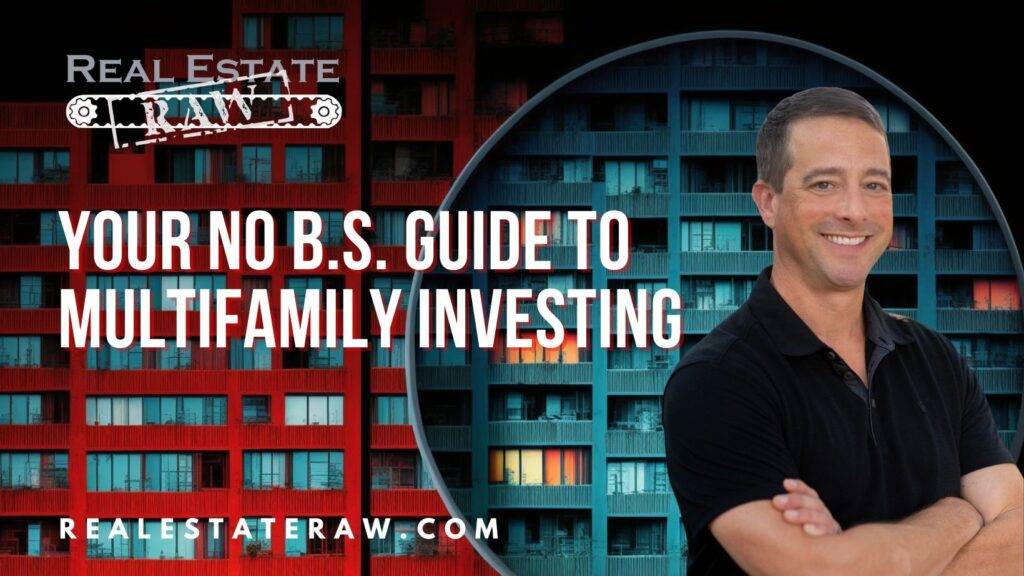
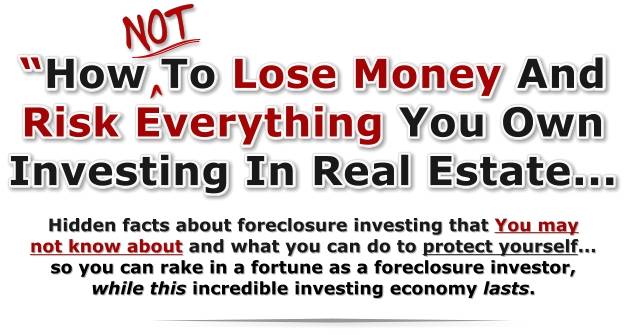














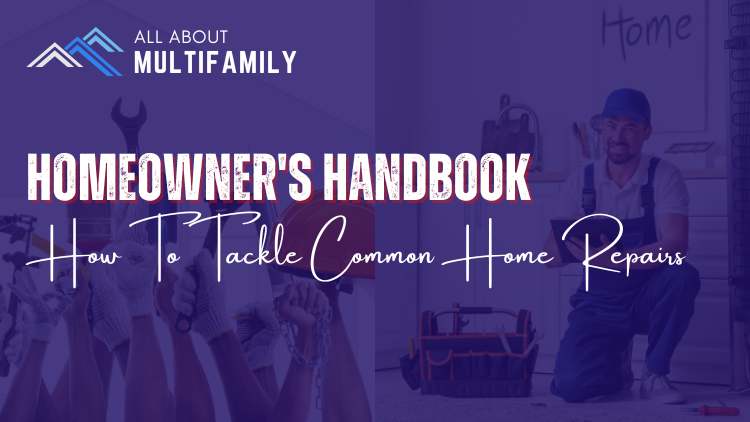

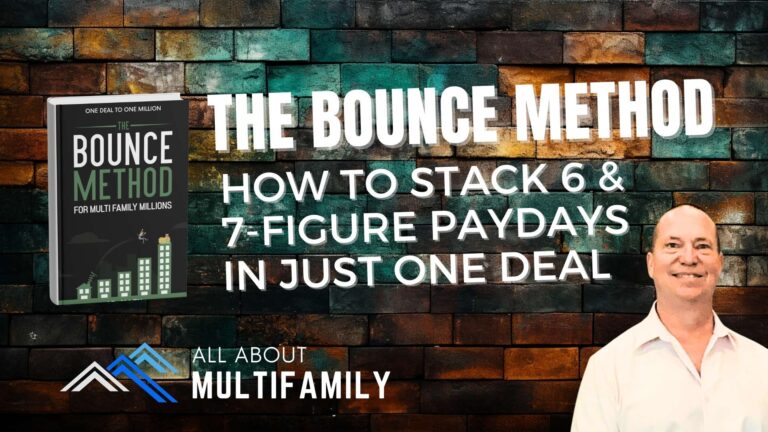



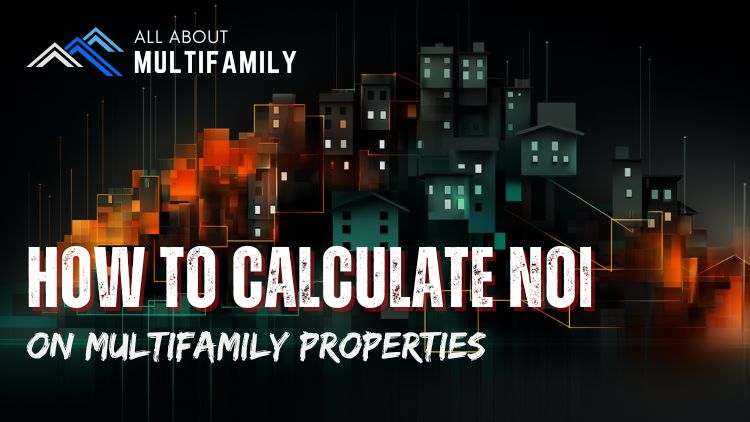




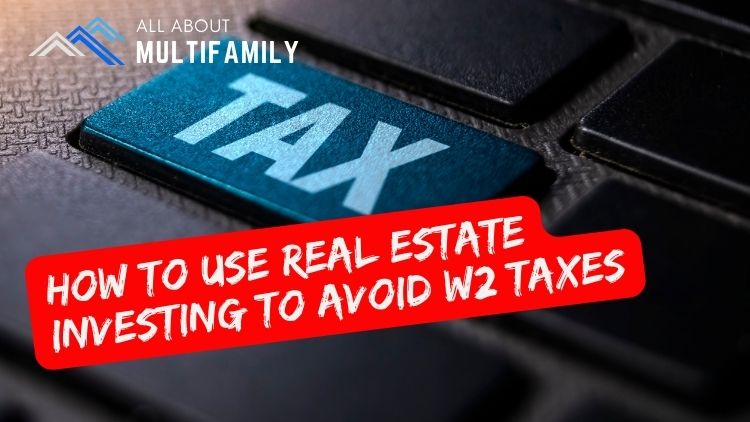
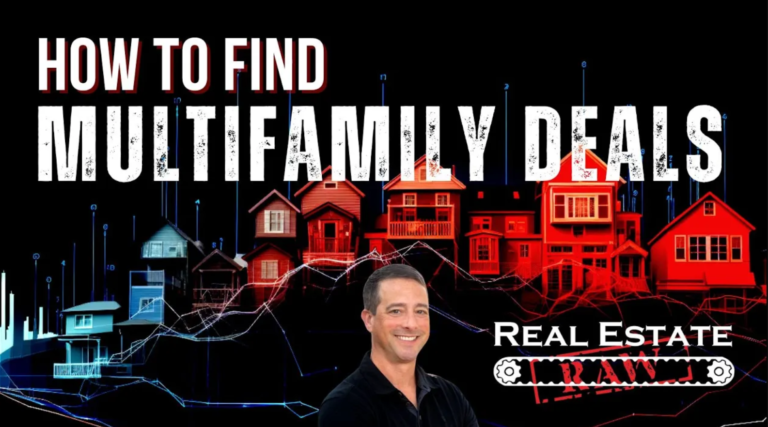

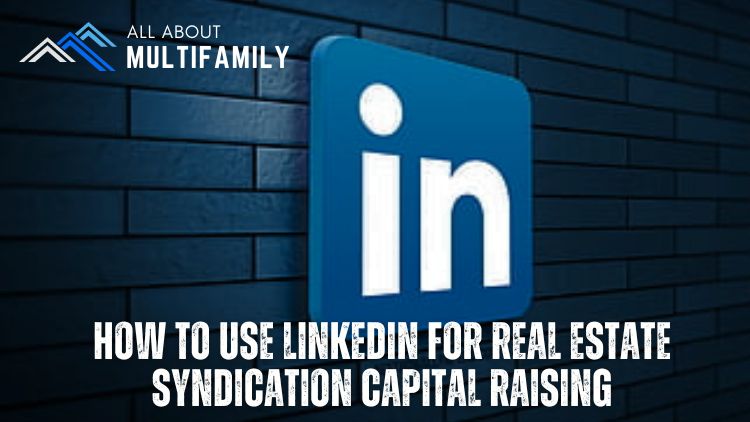
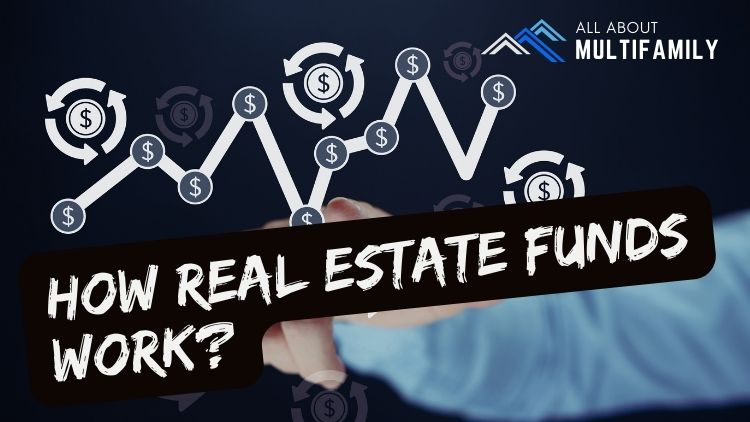





![An In-Depth Look at Jake and Gino's Coaching Program [A Review]](https://allaboutmultifamilyinvesting.com/wp-content/uploads/2023/10/AAM-BMP-Blog-Covers-750-×-422px-6.jpg)

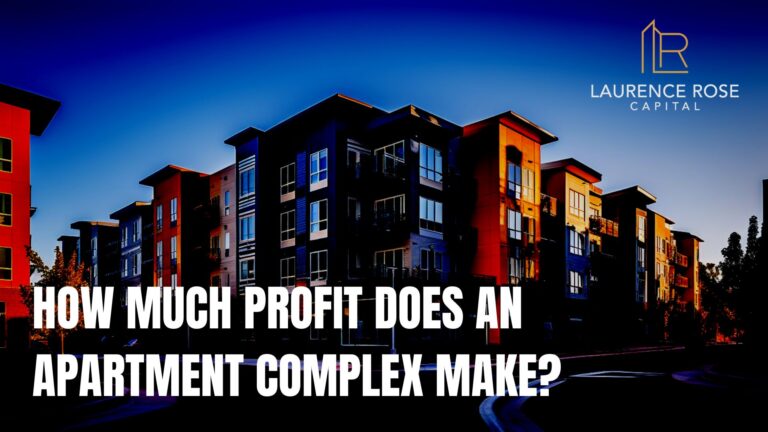
![Email Marketing Tips for Multifamily Real Estate Syndicators to Raise Capital [Templates included]](https://allaboutmultifamilyinvesting.com/wp-content/uploads/2023/09/AAM-BMP-Blog-Covers-750-×-422px-4.jpg)
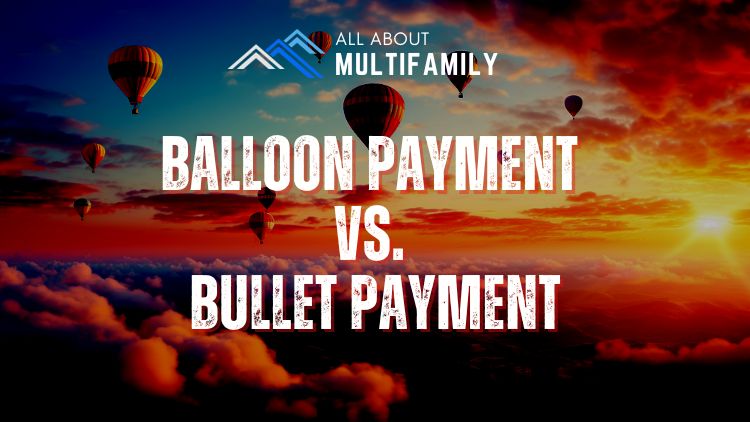


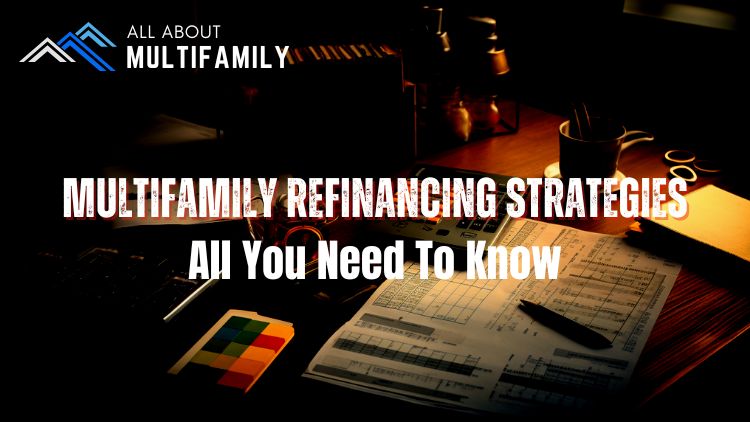
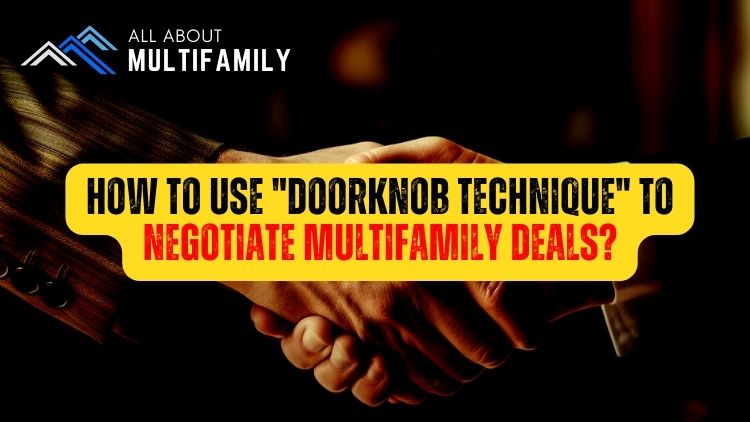
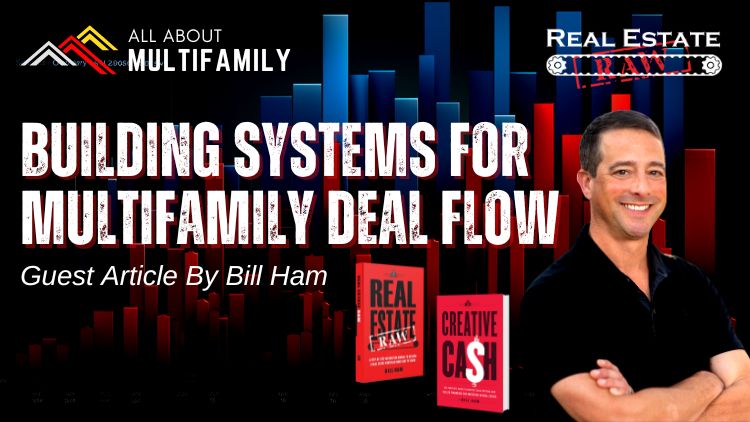
![The Richest Kids In America [Book Review]](https://allaboutmultifamilyinvesting.com/wp-content/uploads/2023/09/AAM-BMP-Blog-Covers-750-×-422px-84.jpg)
